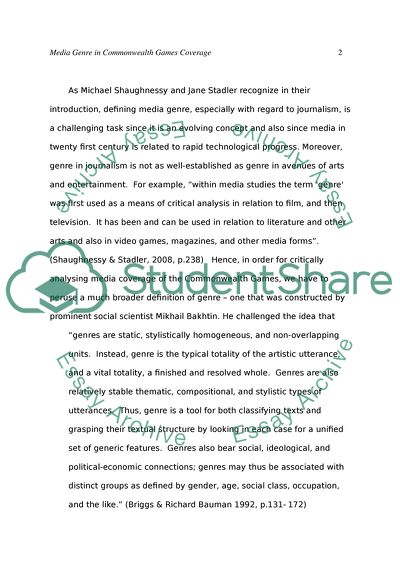Cite this document
(Mass Media Essay Example | Topics and Well Written Essays - 2000 words, n.d.)
Mass Media Essay Example | Topics and Well Written Essays - 2000 words. https://studentshare.org/media/1747496-mass-media
Mass Media Essay Example | Topics and Well Written Essays - 2000 words. https://studentshare.org/media/1747496-mass-media
(Mass Media Essay Example | Topics and Well Written Essays - 2000 Words)
Mass Media Essay Example | Topics and Well Written Essays - 2000 Words. https://studentshare.org/media/1747496-mass-media.
Mass Media Essay Example | Topics and Well Written Essays - 2000 Words. https://studentshare.org/media/1747496-mass-media.
“Mass Media Essay Example | Topics and Well Written Essays - 2000 Words”. https://studentshare.org/media/1747496-mass-media.


